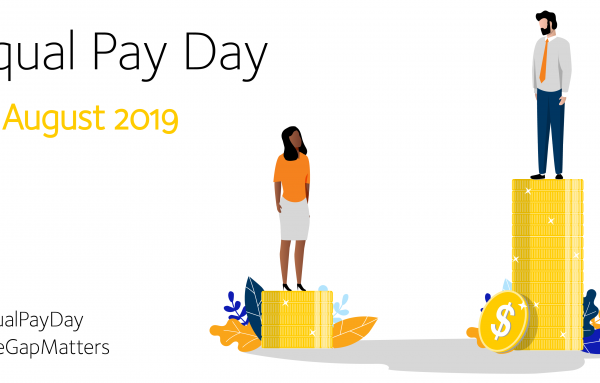Proposed gender equality targets legislation: Impact on ECEC employers

In November 2024, the Federal Minister for Women, the Hon Katy Gallagher, introduced a Bill to Federal Parliament that, if passed, will require employers with 500 or more employees to set, act upon, and achieve defined gender equality targets. If successful, Australia will become the first country in the world to implement this type of gender equality targets scheme.
The Workplace Gender Equality Amendment (Setting Gender Equality Targets) Bill 2024 (Bill) seeks to amend the Workplace Gender Equality Act 2012 (Act) to implement a key recommendation from the Department of Prime Minister and Cabinet’s 2021 review (PM&C review) that will require employers to “commit to, achieve and report to WGEA” on gender equality targets.
The PM&C review described the Act’s minimum standards as a “low bar” for employers and suggested that these targets would raise that bar by “bridg[ing] the action gap.” The implementation of the gender equality targets is intended to promote gender equality by ensuring equal access to career opportunities for all employees as well as ensuring equal remuneration in the workplace. Failure to achieve the targets may impact an employer’s ability to secure government work and could result in the WGEA issuing a public statement.
The Early Childhood Education and Care (ECEC) sector includes many large employers that will be impacted by the reforms. If the Bill is passed, these large employers will be required to comply with and achieve the gender equality targets to ensure fair representation in decision-making roles. Demonstrating achievement of these targets may also become essential to securing government contracts.
In its 2023-2024 private sector report, the Workplace Gender Equality Agency revealed that the ECEC workforce is 94 per cent female, but 88 per cent are positioned in higher decision-making roles.
Proposed new regime
Under the current legislative framework, employers must publicly report on their gender equality indicators, but are not required to set gender equality targets. The Bill proposes that ‘designated relevant employers’ (employers with 500 or more employees) will need to:
- select specific gender equality targets
- achieve (or demonstrate improvement in relation to) the selected gender equality targets, tracked over a three-year ‘target cycle’
- publicly report on progress made in relation to the selected gender equality targets.
The Bill does not specify the gender equality targets employers must choose or the rules for selecting them. Instead, the Minister for Women will, through legislative instrument, “set targets in relation to specified gender equality indicators and specified target cycles and specify rules for the selection of targets by designated relevant employers in specified target cycles.”
Further, the Bill provides that these ‘rules’ may include establishing categories of targets, requiring the selection of a specific number of targets, the selection of a specified number of targets from a particular category, or requiring employers to specify the level of improvement needed to meet a target.
Currently, the Act allows the Workplace Gender Equality Agency (WGEA) to publicly name employers who fail to comply with reporting obligations. The Bill seeks to extend these powers, enabling WGEA to publicly name employers who fail to meet their selected gender equality target(s) or are unable to demonstrate improvement against baseline data, unless they have a reasonable excuse. Additionally, WGEA may withhold a certificate of compliance from non-compliant employers. This could present challenges for organisations, as Australian government agencies consider WGEA compliance certificates when procuring services.
Potential impact on ECEC employers
If passed in its current form, the Bill will immediately affect ECEC employers with more than 500 employees. Employers should monitor the Bill’s progress closely in the first quarter of this year to prepare for these changes. Medium-sized employers with plans for growth should also monitor the size of their workforce to determine if and when the new rules will apply to them.
This legislative reform represents a significant shift in workplace obligations and expectations, including for ECEC providers. By fostering accountability and improving gender equity outcomes, it is intended that these proposed changes enhance workplace fairness, improve education outcomes and support a more inclusive future for the ECEC workforce.
For any questions about developing or actioning your centre’s gender equality targets, please get in touch with Holding Redlich Partner Megan Cant or Senior Associate Michael Hope.
Popular

Policy
Economics
Jobs News
Provider
Workforce
Children’s Services Award changes finalised to address gender-based undervaluation
2025-12-12 06:58:10
by Fiona Alston

Provider
Workforce
Quality
Fair Work Commission confirms forced resignation grounds in case involving early learning provider
2025-12-08 07:30:23
by Fiona Alston

Workforce
Quality
Practice
Provider
Research
How one teacher is using Little J & Big Cuz to build empathy, understanding and confidence in First Nations learning
2025-12-08 07:15:19
by Fiona Alston
















